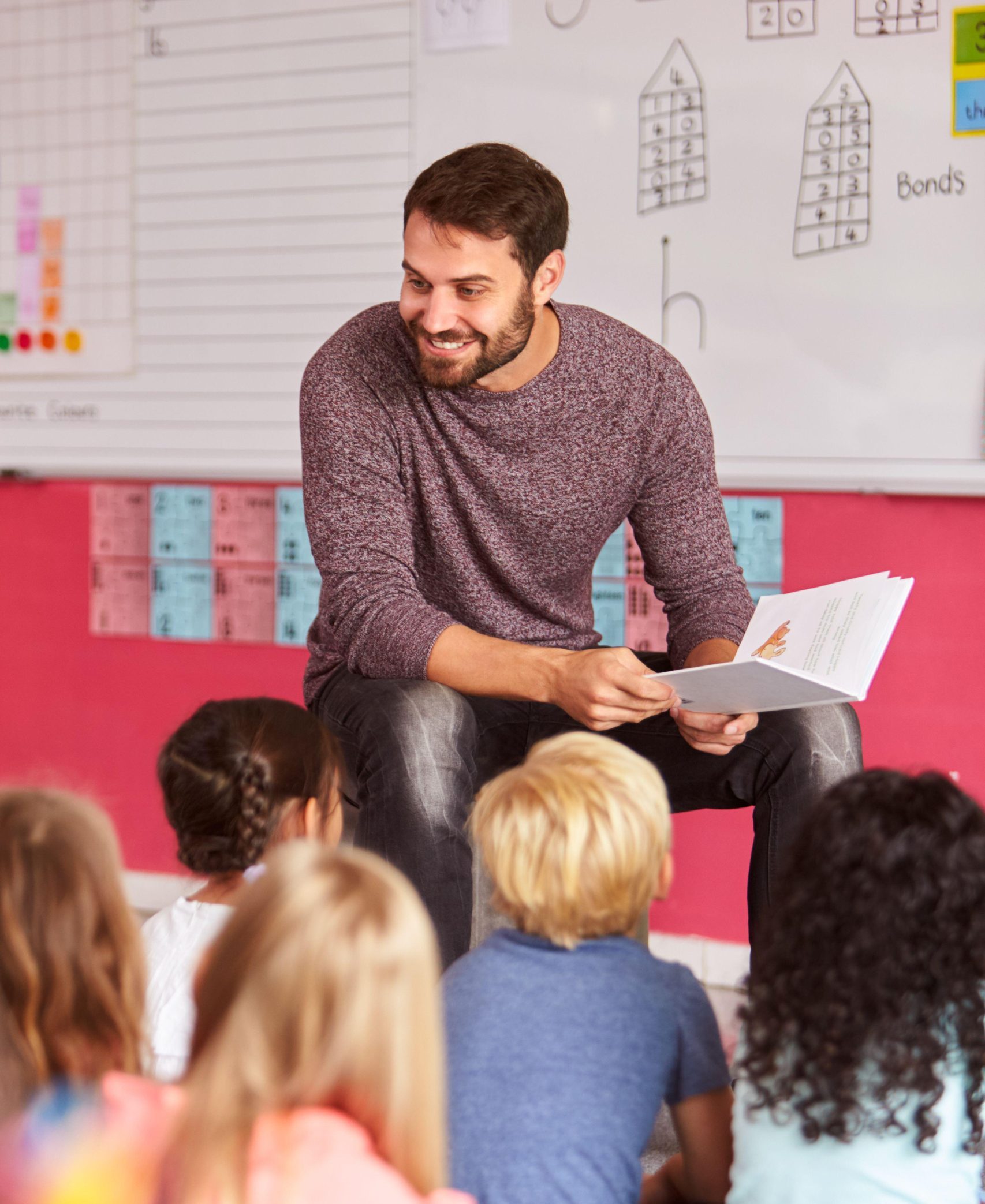

Over the last few years, schools around the country have made a concerted effort to emphasize character education in...

Back in 2003, Sam Wineburg, a history professor at Stanford, published a little essay (or quick rant) titled “Power...

Every time I see a toddler with an iPad, I cringe just a little. I try to hide it....

Pop quiz: What do the following texts have to do with each other? “What Happens When it Rains” “Shasta...

Kiana Hernandez is a young woman who opted out of a standardized test last spring. She had her reasons,...

The Alliance for Excellent Education has a new report: The Next Chapter: Supporting Literacy Within ESEA. It’s definitely worth...

Of all the things I want to thank my mother for, the time she devoted to reading aloud to...

By Marilyn Jager Adams Marilyn Jager Adams, a visiting scholar in the Cognitive, Linguistic and Psychological Sciences Department of Brown...

By Ilene Shafran Ilene Shafran is a 2nd-grade teacher at PS 34 in Greenpoint, Brooklyn. This appraisal was originally published...

By Greg Ashman Greg Ashman is a teacher in Australia. Supported by his school (but not necessarily representing its views), he...